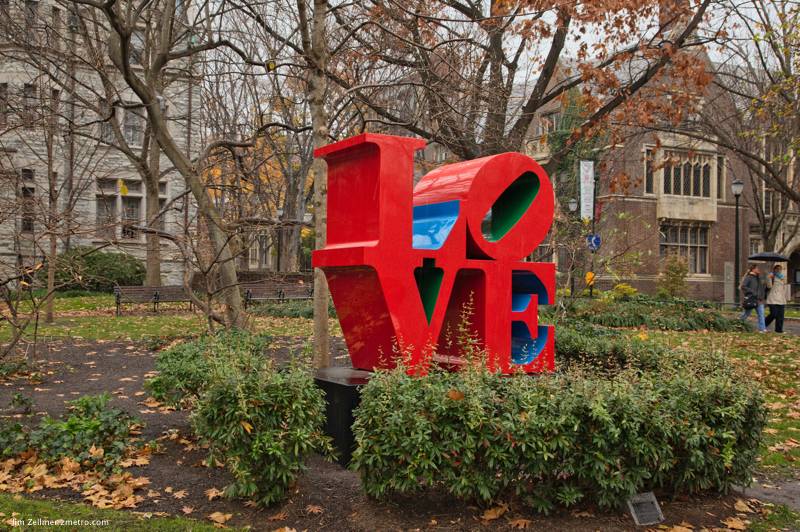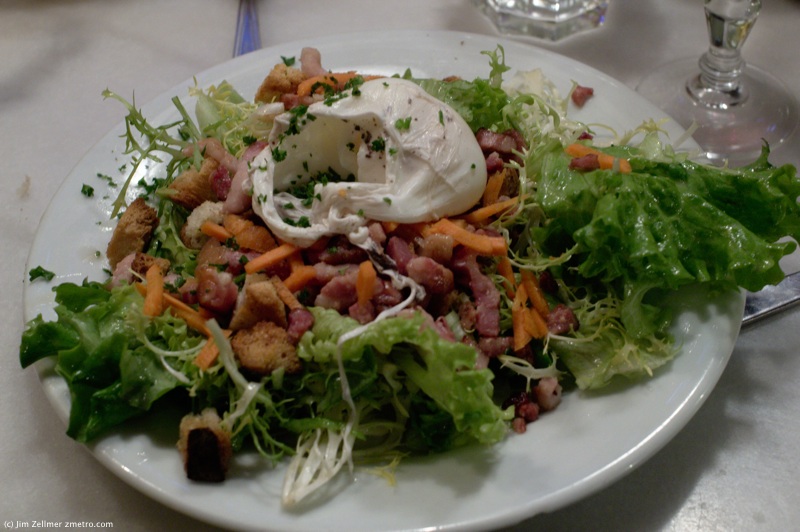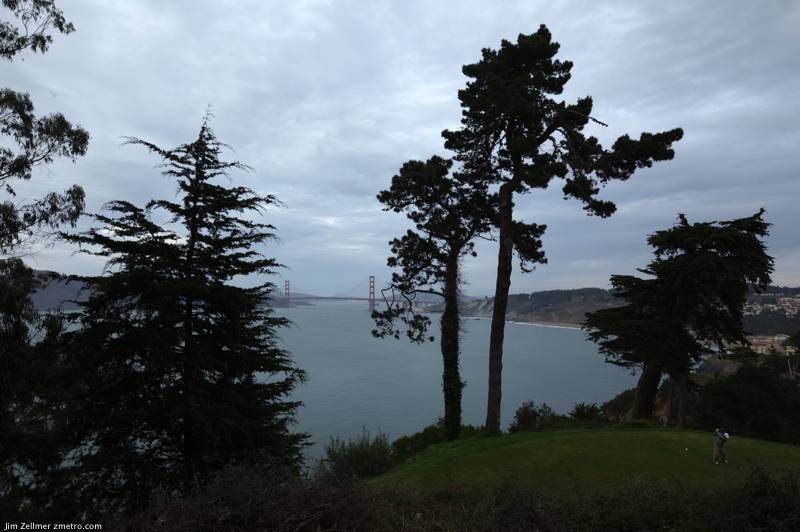350K PDF. My dusk Hardy photo appears on the cover of their annual report. It was a beautiful evening. Much more on the Hardy Gallery, here.
Category: Travel
GPS Follies
GPS Follies
“Ha, Ha, Ha, GPS, GPS!” – a senior Florentine citizen standing outside my rented car’s window, pointing at our TomTom GPS.
We followed the TomTom’s instructions from Fiesole through Florence to our evening destination: Central Bologna. However, the TomTom directed us to a dead end: impassable train tracks were straight ahead and we had no nearby alternatives.
After providing the elderly man his GPS humor, I completed a U-Turn and drove east toward an intersection. The TomTom protested, but later “recalculated” the route and we were on our way to Bologna, via the Autostrada.
We had a few more odd navigation moments, one in Lyon and another in Parma. All in all, the TomTom performed well. TomTom sells a GPS receiver that contains both North American and European maps.
** A side note. I used the maps app on my iPhone to augment the TomTom (European iPhone data plans are quite expensive for visiting Americans). Xcom Global provides a useful alternative for on-the go connectivity: unlimited use mifi devices. I highly recommend Xcom.
Jean-Louis Gassee’s recent GPS experiences inspired this note.
Lyonnaise Salad
Joy to the World: Christmas, 2010
Joy To the World from Jim Zellmer
Recorded Christmas Day, 2010 in Parma, Italy
Christmas: Lyon – Turin – Parma – Florence – Bologna – Venice; a Few Recommendations
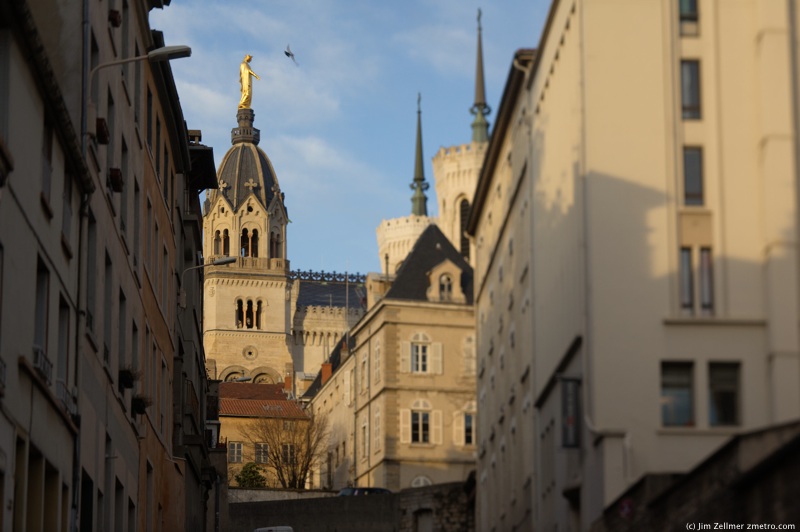
Lodging recommendations & comments:
- Lyon, France: Artelit. A superb location with a fabulous proprietor. Frederic Jean’s friendship and professionalism was a joy to experience, particularly when facing a very difficult parking situation! Highly recommended.
- Turin: Best Western Hotel Piemontese. A surprisingly spacious facility, conveniently located near the rail station, bus stops and a number of Turin destinations. Great service and a surprisingly extensive breakfast.
- Parma: A number of hotels were closed over Christmas. We stayed here: Vittorio Dalla Rosa Prati. Friendly service and a fabulous location adjacent to the Baptistry. Rooms include a refrigerator, sink and range so one can shop at the nearby markets and prepare meals.
- Florence: Relais Uffizi. A charming, small find next to the Uffizi Gallery Musuem. Close to everything with very helpful staff.
- Bologna: Albergo Centrale. Tremendous location in a fascinating city. Don’t forget the gelato, which was poetic.
- Venice: Hotel Antico Doge. Very helpful staff with superb restaurant recommendations. Well located, but smoke seemed to be present in the room, unfortunately.
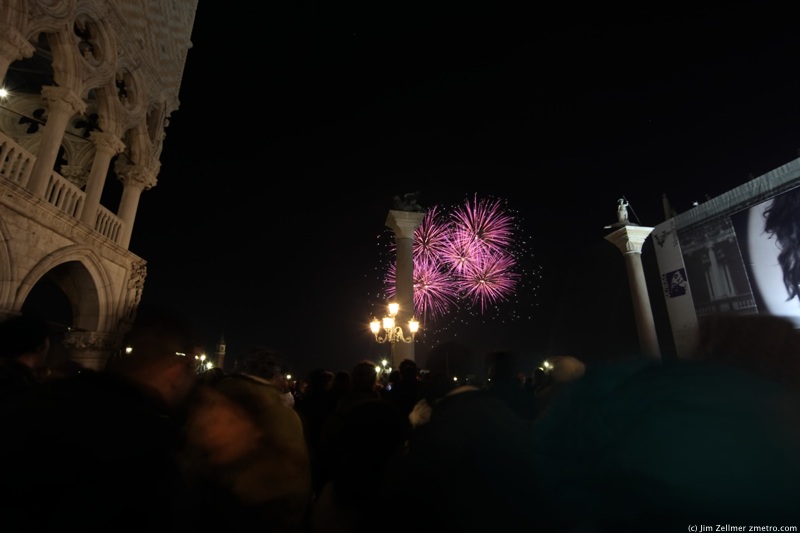
I am very thankful to have “met” Madeline Jhawar, who suggested the stops in Turin, Parma and Bologna. I am grateful for her assistance and intelligence. I also took a look at Lonely Planet’s suggestions, the New York Times travel section and Karen Brown.
We rented a car from Europcar, flew via Lufthansa (insufferable coach seats in my experience but very friendly staff) and used buses, trams, water buses, gondolas and most of all our feet.
Tropical Flowers on a Wintry Night
Incredible journeys
William Dalrymple
Herat, Afghanistan
Herat, in western Afghanistan, is one destination in that tragic country that is still safe, or relatively so. It is one of the most spectacular cities in the entire region and, for a brief period after the death of Timur in 1405, was the capital of the Timurid empire. Here Bihzad illuminated his miniatures; Babur wrote some of the most telling passages in his memoirs; and the Timurid princess Gohar Shad built one of the great colleges of the world. Today there are occasional reports of kidnappings and hold-ups between the airport and the town. But inside the city, there is no sense of tension or danger, and no one looks at you askance as you wander through the mosques, the ruins and the fabulous covered bazaars.
Instead, it feels welcoming, gently prosperous and, by Central Asian standards, surprisingly middle class. On the outskirts, on the hillside of Takht Safar, where the bright young things of Herat gather to watch the sun going down, to picnic, sip tea and listen to music under groves of cedars, mulberries and umbrella pines, you can grasp what Afghanistan would be like if peace were miraculously to break out: it feels not dissimilar, and no more threatening, than inland Turkey. In some ways, Herat feels as if it is high on the Anatolian plateau not far from Ankara; but here, you have the place, and the ruins, to yourself. There is not another traveller to be seen.
When Robert Byron was here in the 1930s he loved not just the grand ruins but also the eccentricity of Herat, and much of that still survives. When our plane touched down on the tarmac, the passengers were not taken into the old 1950s terminal, as the man who had the key had gone off for noon prayers. So, instead, our luggage was delivered by tractor, and dumped on the edge of the apron. It seemed an unsurprising fate for bags carried by an airline, Pamir Air, which at check-in had given me a boarding pass marked “Kabul-Riyadh” and when I pointed out that I was going to Herat, replied that it didn’t matter: “They’ll let you on the plane anyway.”
Southwest’s Great Culture
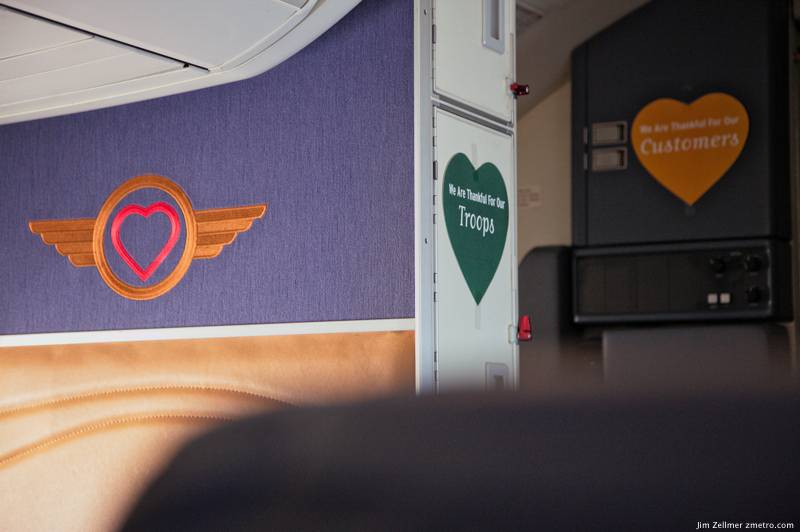
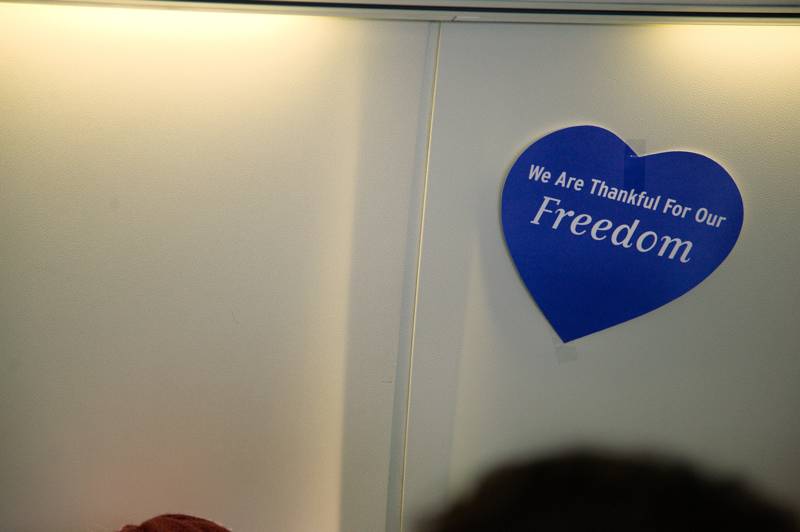
We are fortunate to have Southwest serving Milwaukee. Madison service would be that much better, of course.
Happy Thanksgiving!
